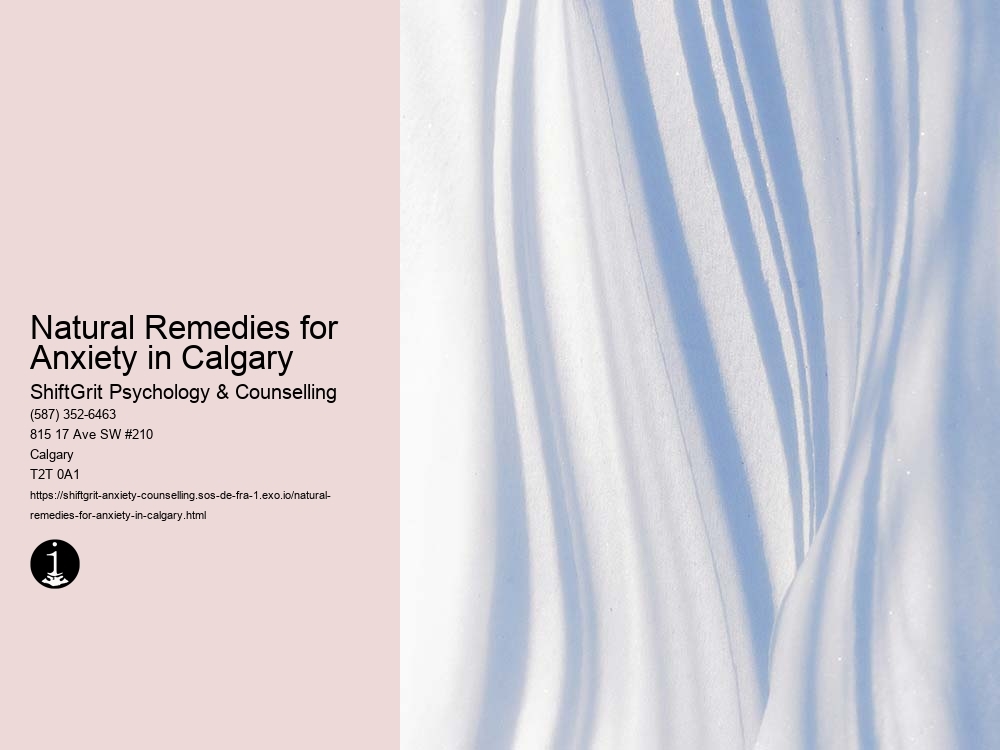
phobias
Natural Remedies for Anxiety in Calgary
Consistency in nightly habits can also mitigate nighttime anxiety. Engaging in activities such as reading a book, taking a warm bath, or practicing gentle yoga before bed signals to your body it's time to wind down. Adhering to this routine fosters an association between these calming activities and sleep readiness, making it easier to fall asleep without racing thoughts. In effect this means seeking support from mental health professionals in Calgary can further enhance these strategies by providing personalized guidance tailored to individual needs. Cognitive-behavioral therapy (CBT) or other therapeutic interventions are available options that enable individuals to develop coping mechanisms specific to their experiences with nighttime anxiety.
Anxiety attacks can be significantly influenced by biological factors, particularly genetic predispositions. Research indicates that individuals with a family history of anxiety disorders are more likely to experience anxiety attacks themselves. This genetic link suggests that certain inherited traits may affect how the brain processes stress and fear responses. Additionally, neurotransmitter imbalances play a crucial role in the development of anxiety attacks. Chemicals like serotonin, dopamine, and gamma-aminobutyric acid (GABA) are involved in regulating mood and emotional responses. When these neurotransmitters are out of balance, it can lead to heightened feelings of dread or unease.
The structure of the brain itself also contributes to anxiety attacks. The amygdala, which is responsible for processing emotions such as fear, often shows increased activity in individuals prone to anxiety. This hyperactivity can amplify the perception of threats, even when they are not present or imminent. Furthermore, hormonal influences such as elevated cortisol levels during stress can exacerbate symptoms of anxiety attacks by putting the body in a prolonged state of alertness. In effect this means that understanding these biological underpinnings is essential for effective therapy strategies in Calgary, allowing practitioners to tailor treatments that address both the physiological and psychological aspects of anxiety.


